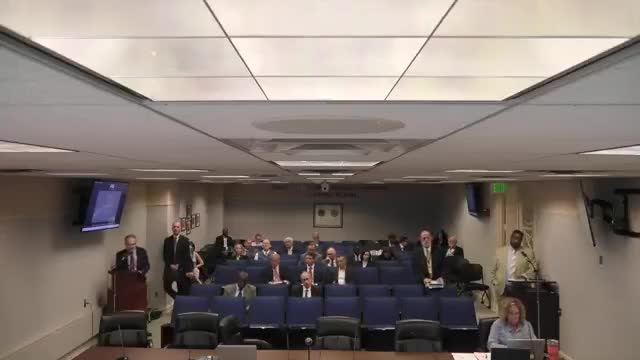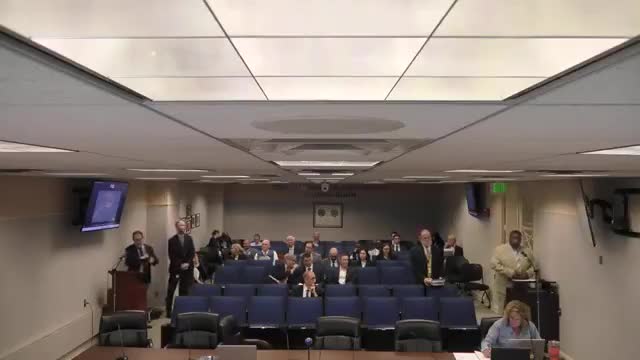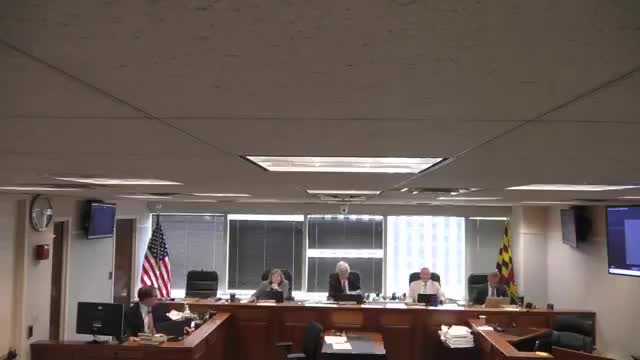Article not found
This article is no longer available. But don't worry—we've gathered other articles that discuss the same topic.

PSC grants TradePoint Atlantic waiver of BGE Schedule X provision, with caveat on jurisdiction

PSC staff, Pepco and people’s counsel discuss removal of Fairmont Heights microgrid from Maryland energy storage pilot

